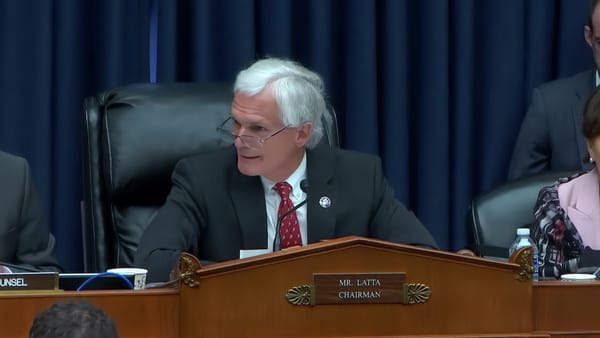
Infrastructure
Lawmakers Want Spectrum Auction Money to Fund Rip and Replace Program
Energy and Commerce subcommittee voted on 28 bills, most related to reducing permitting barriers.
Broadband Infrastructure is the means to deliver Better Broadband, Better Lives


Infrastructure
Energy and Commerce subcommittee voted on 28 bills, most related to reducing permitting barriers.

Infrastructure
Support from the Broadband Equity, Access and Deployment last mile program may cover middle mile gaps.
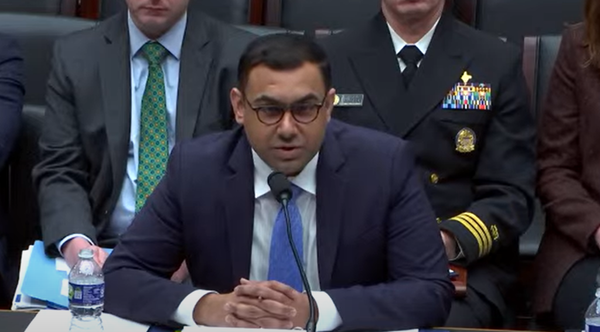
Cybersecurity
Federal agencies are equipped to support sectors dealing with cybersecurity concerns.

Infrastructure
Faster speeds enabled by XGS-PONs are in high demand, say network operators.
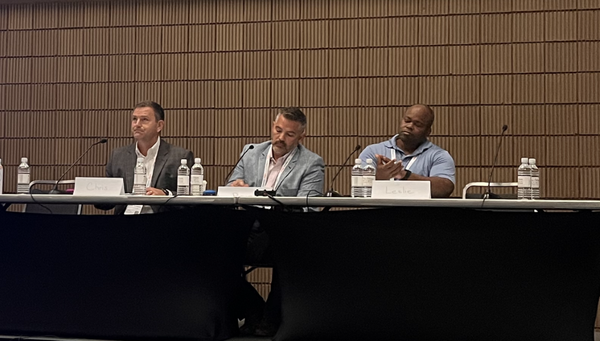
Infrastructure
Cost modifications will reduce the efficiency of the program, agree experts.
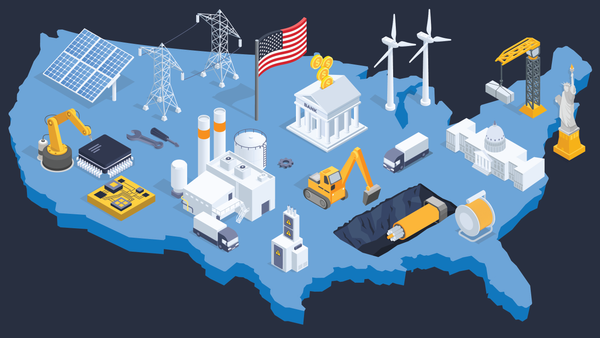
Infrastructure
Register by June 9 to purchase a day-long pass for just $199; Breakfast Club members pay just $49.

Infrastructure
Getting access to and cooperating with the right government agencies can be a big delay with infrastructure projects.
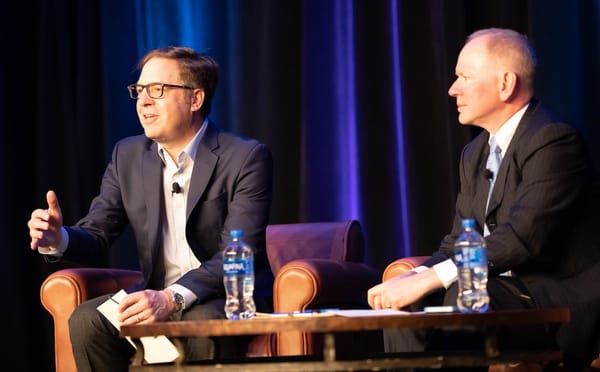
Infrastructure
The middle mile waiver comes ahead of the awarding of grants from the $1B program.

podcasts
How will domestic procurement requirements shape the future of U.S. infrastructure development?
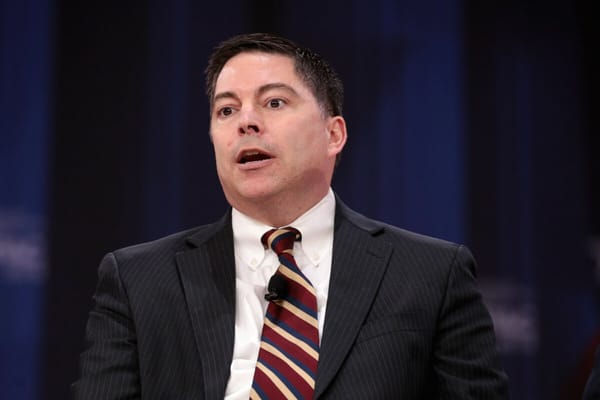
Congress
Lawmakers considered more than 30 legislative drafts targeting potential regulatory obstacles.
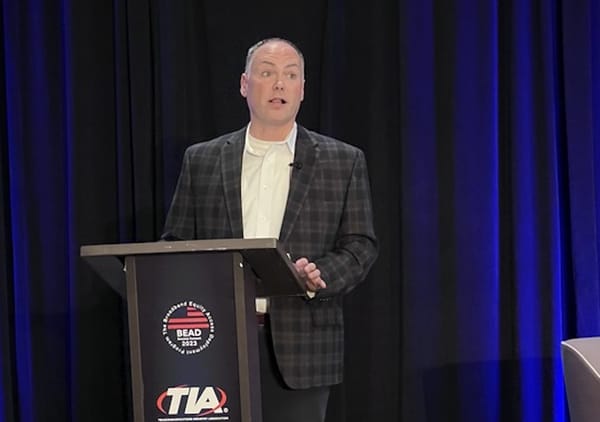
Funding
‘We aren’t doing the blanket waivers of the past,’ said Kevin Gallagher, a top Commerce Department Official.
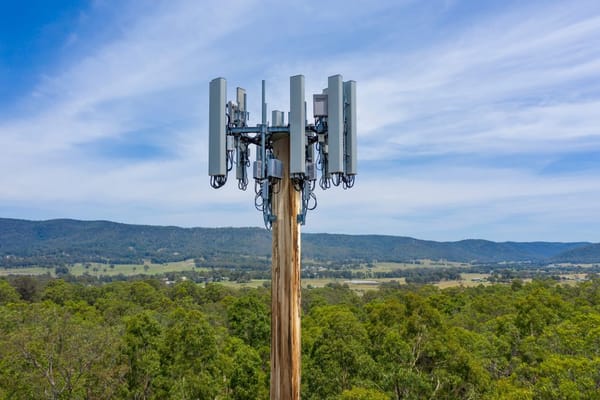
Infrastructure
The FCC approved a comment period to address the issue over a year ago.

Infrastructure
The event will examine how domestic procurement requirements will impact a historic wave of federal funding for infrastructure.

Infrastructure
Broadband Breakfast evaluated 14 submissions to the White House’s proposal on Build America, Buy America rules.

Expert Opinion
If managed effectively, the BEAD program could play a key role in allowing our economy to weather the storms ahead.
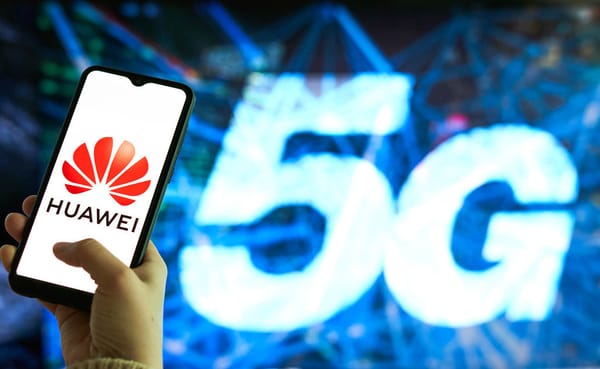
Infrastructure
These communications providers reported engaging equipment on the agency’s blacklist.